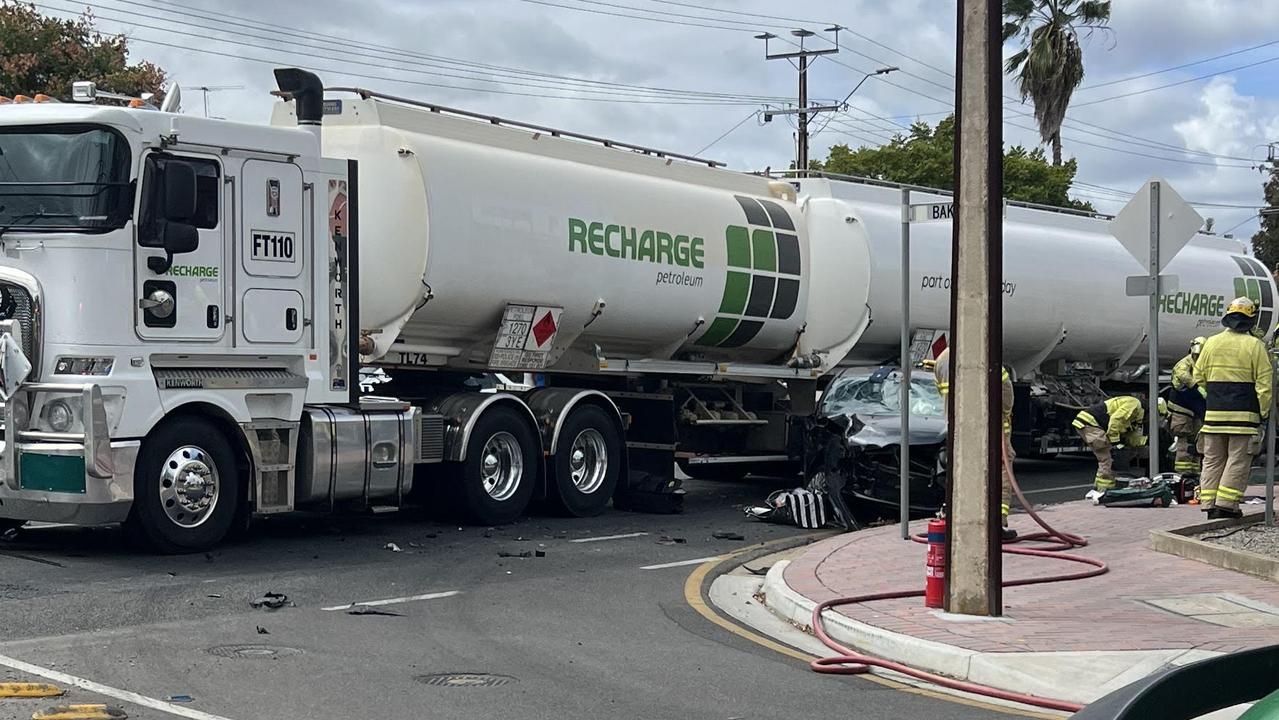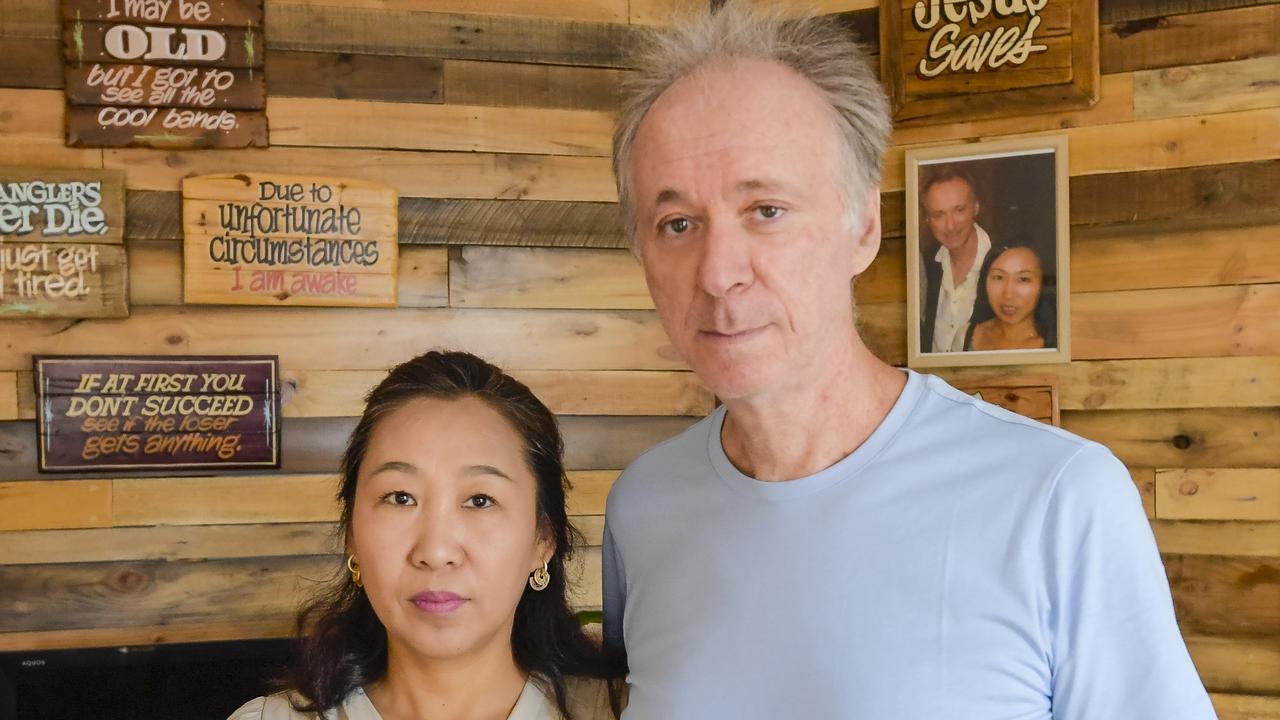New deal for SA country doctors misses the mark
It’s taken 18 months to thrash out the latest plan to entice GPs into SA’s remote outback but country doctors say it’s revealed how little the government cares.

SA News
Don't miss out on the headlines from SA News. Followed categories will be added to My News.
The battle to attract more doctors to the bush will receive an extra $42m over two years, in what Premier Steven Marshall has described as “a generational change” for health.
The government’s funding commitment will increase its budget covering the work regional GPs do in hospitals by 29 per cent.
But some rural doctors doubt its ability to tackle chronic problems within country health.
SA Health, the Australian Medical Association SA and Rural Doctors’ Association of SA have reached the agreement following 18 months of negotiations.
It will lead to higher rates of pay and relocation incentives of up to $50,000 for people working in remote areas.
Rural Doctors Association of SA president Peter Rischbieth said after lengthy negotiations it was an “extreme relief” for doctors to be able to more confidently work for their communities.
The state’s rural health system has been plagued by regions struggling to attract and keep doctors, hospitals relying solely on expensive locums to operate and GPs working 12-hour days and being on call through the night.
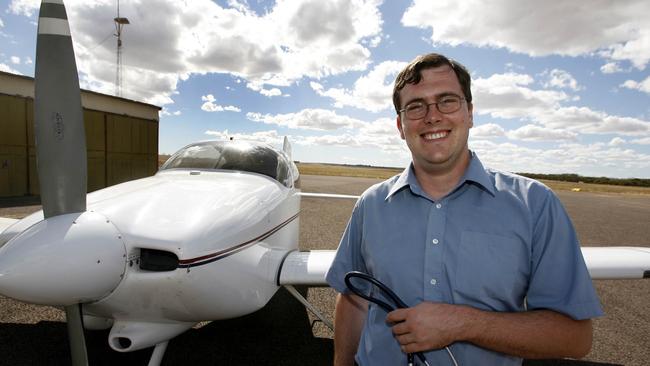
“Maintaining a local rural doctor workforce in a regional area is the difference between medical services being available and entire services shutting down,” said Dr Rischbieth, who practises in Murray Bridge.
Quorn GP Tony Lian-Lloyd, who works on call 24/7, understood significant relocation payments would only be paid to those moving to very remote areas.
“It’s not going to attract a young guy with a young family – it’s like landing on the planet Zog for them,” he said.
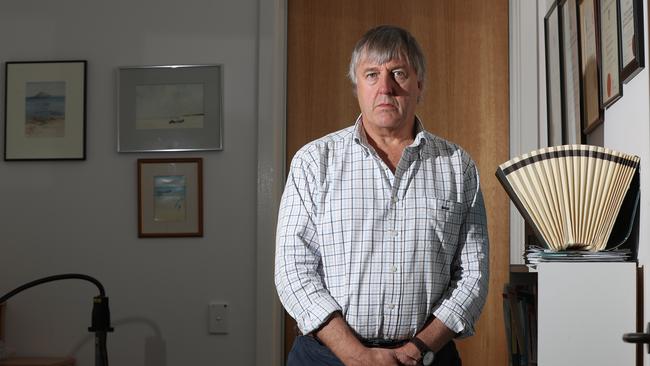
“Governments do not value the role of doctors seriously enough. If they did, it wouldn’t take 15 months of ugly, expensive negotiations to get to this point.”
One of the biggest problems attracting young doctors, Dr Lian-Lloyd said, was entrenched attitudes that general practitioners – particularly those in the country – were poorly paid.
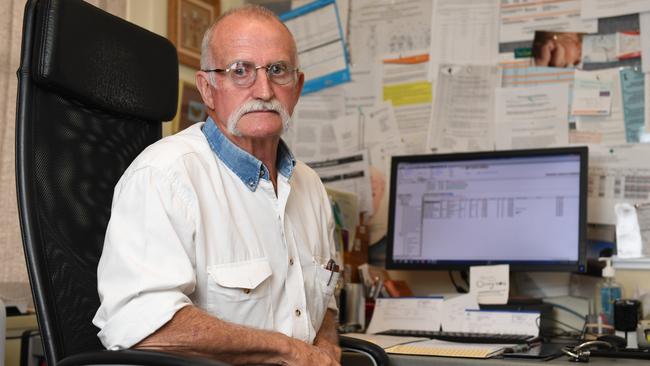
Kimba has been reliant upon locums since its last doctor left a year ago. Mayor Dean Johnson hoped the agreement would help attract two doctors, so each had support and better work/life balance.
Scott Lewis recently left his posting at Wudinna on the Eyre Peninsula, citing problems including a lack of respect in the system for frontline medical staff. He saw “a lot of positives” in the agreement but was concerned resources would still be directed to larger regional centres.
Mr Marshall said the agreement was the most significant investment in rural GPs in a generation.
“The agreement is a tangible demonstration of the state Liberal government’s commitment to delivering better health services, closer to home for regional South Australians,” he said.




